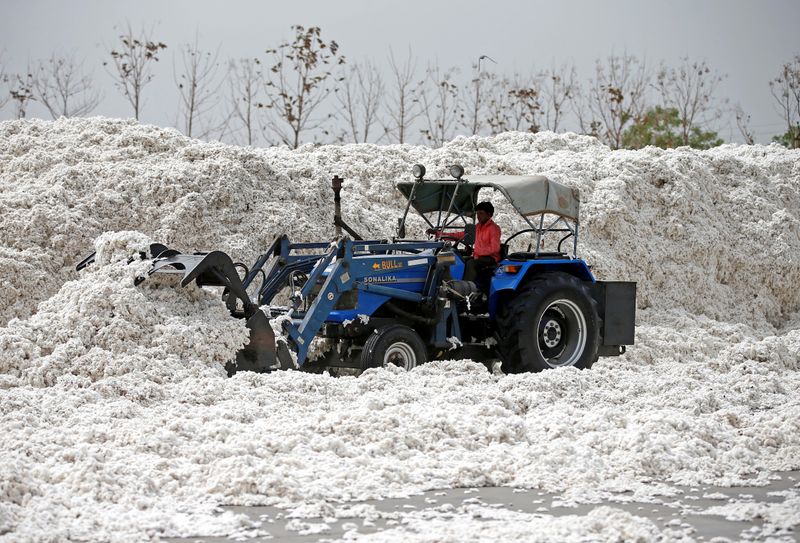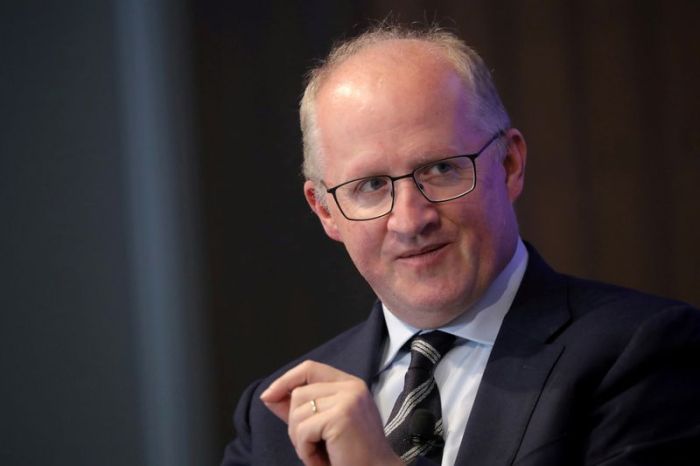ISLAMABAD (Reuters) – Pakistan’s cabinet on Thursday put off allowing imports of cotton and sugar from neighbouring India until Delhi reviews its 2019 move to revoke the Kashmir region’s special status, the foreign minister said.
In an effort to cool local demand and prices, Pakistan’s Economic Coordination Committee (ECC), the country’s top economic decision-making body, gave the go-ahead on Wednesday for the imports, which would have ended nearly two years of trade suspension between the nuclear-armed rivals.
“It was a consensus opinion, including the prime minister, that as long as India doesn’t review the Aug. 5, 2019, unilateral steps it took, it wouldn’t be possible to normalise relations with India,” Pakistani Foreign Minister Shah Mehmood Qureshi said of the cabinet meeting, chaired by Prime Minister Imran Khan, which had to endorse the ECC’s decision for trade to start.
He said the cabinet decided to defer the decision.
It wasn’t immediately clear why Pakistan would defer a decision within a day. The ECC approval came only after Khan had seen and authorised the proposal to import sugar from India, according to a commerce ministry summary seen by Reuters.
India’s foreign office didn’t respond to a request for comments.
India and Pakistan have fought three wars over the disputed Himalayan region of Kashmir. Both control parts of the region but claim all of it.
The developments have come amid a gradual thawing between the two neighbours after their militaries released a rare joint statement last month, announcing a ceasefire along the Kashmir border.
Pakistan was one of the leading buyers of Indian cotton until 2019, when Islamabad banned imports of goods from India after New Delhi revoked the special status of its portion of the Kashmir region.
Pakistani buyers have already been making inquiries about buying Indian sugar and cotton, which is being offered at lower prices than supplies from other countries, Indian dealers said.
The traders say they have been offering Indian white sugar at $410 to $420 a tonne on a free-on-board (FOB) basis, far lower than the domestic price of $694 quoted in Pakistan.
According to a commerce ministry document seen by Reuters, Pakistan’s cotton industry has been grappling with a shortage, requiring the import of 5 million to 6 million bales of cotton to meet the shortage this financial year.
(Reporting by Gibran Peshimam in Karachi, Pakistan; Editing by David Goodman and David Evans)


























